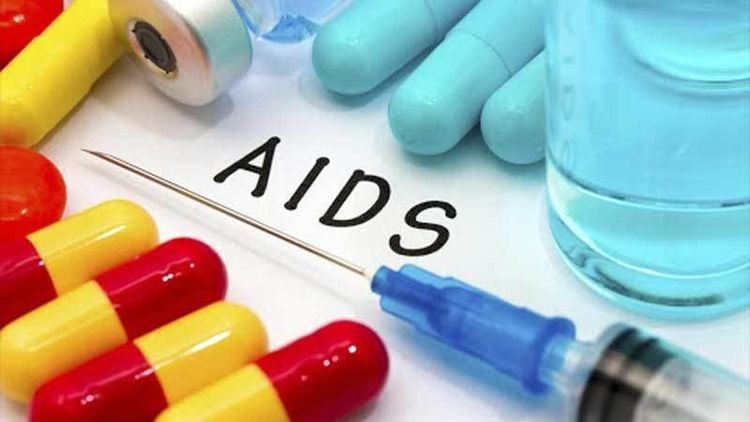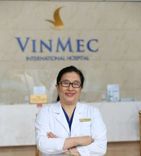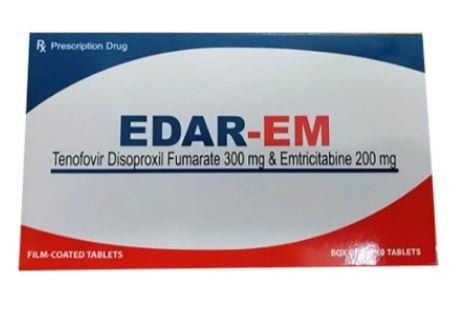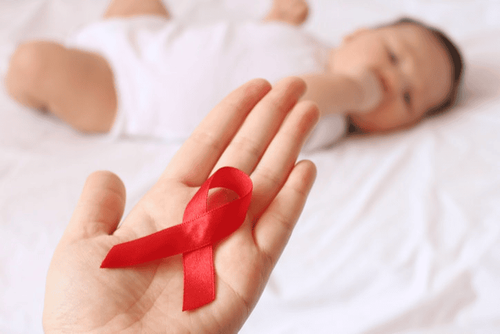This is an automatically translated article.
The article was professionally consulted by Specialist Doctor II Cao Thi Thanh - Pediatrician - Pediatrics - Neonatology Department - Vinmec Hai Phong International General HospitalThe process of taking care of a child born to an HIV-infected mother will be much more difficult than that of other normal children. There are many issues that need attention and clear orientation in the nurturing process to help limit the possibility of HIV transmission from mother to child.
1. How to take care of children born to HIV-infected mothers?
Currently, according to experts' advice, when taking care of children born to HIV-infected mothers, if the family can afford it, they should exclusively breastfeed their babies with formula. Although in fact, breast milk is still the best source of food for the health and development of infants, containing valuable nutrients, but if infants are fed HIV-infected breast milk, the Infection is very high, accounting for about 30%. Therefore, to ensure safety and help limit the possibility of HIV infection in infants, it is advisable to use a reasonable alternative milk source.Infants under 6 months of age only need to use formula milk, absolutely do not combine formula milk and breast milk infected with HIV because it will increase the risk of infection. At this stage, children also have no need to use foods other than milk such as porridge, powder or fruit juice. From 7, 8 months onwards, medical experts can be consulted to build a nutrition regimen with suitable foods for children at this time.
To ensure safety when taking care of babies born to pregnant women with HIV, when using full milk substitutes, it is necessary to properly mix milk, monitor the baby's growth and administer injections. full immunizations, regular health check-ups.... The child needs to be monitored even after leaving the maternity home.
2. Antiretroviral therapy for infants born to HIV-infected mothers
It is very important to reduce the rate of HIV infection in infants is antiretroviral therapy. Caregivers and caregivers of HIV-infected infants should take note of this.
Based on the guidance of the Ministry of Health, the test to confirm that a child is born from an HIV-infected mother must be carried out in a national standard laboratory. Up to now, the rate of HIV infection in infants being transmitted from mother to mother is not much, but sadly, about half of these babies will die within the first 2 years of life if not treated. treatment with antiretroviral drugs.
Currently, some localities have set up establishments to adopt and take care of children born from abandoned HIV-infected mothers. This helps the children receive proper care according to the Ministry of Health's protocol and have a better health.
3. Alternative food choices for infants born to HIV-infected mothers
Using alternative foods is essential when caring for children born to HIV-infected mothers, helping to reduce the rate of mother-to-child transmission of pathogens. For babies under 6 months, formula milk is the only food, cow's milk can be made into a powder with added nutrients similar to breast milk (this type is recommended) or freeze-dried milk and milk. whole cream powder - processed similarly to fresh milk, the micronutrients also meet the needs but not in the same balance as breast milk (this type can be used).For cases where the family cannot afford, an HIV-infected mother may choose to exclusively breastfeed her child, but must ensure that the child is exclusively breastfed for the first 6 months, and the mother and child have no symptoms. of skin or oral cavity infections (if any, they must be treated before breastfeeding). Absolutely do not give your baby breast milk and formula at the same time. When the child is 7 months or older and has the ability to eat complementary foods, the child must stop breastfeeding immediately and switch to complementary foods, combined with additional infant formula.

The process of raising and taking care of children born to HIV-infected mothers needs to be planned clearly, meticulously and with more care. Children not only need to meet enough nutrients, but also have regular health checkups and treatment to prevent mother-to-child transmission of HIV in the first months of life.
Please dial HOTLINE for more information or register for an appointment HERE. Download MyVinmec app to make appointments faster and to manage your bookings easily.














